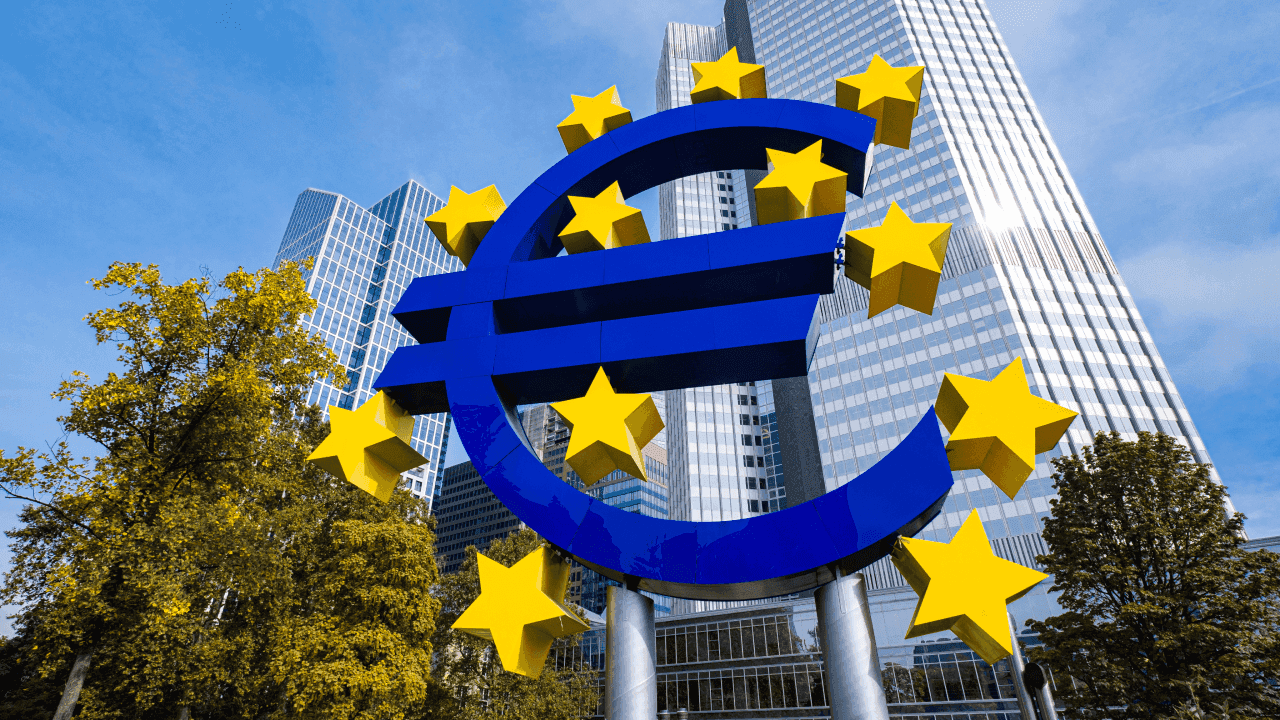
As the ECB meeting in January 2024 approached, speculation in the financial markets was rife. However, the decisions made at the January 25, 2024 meeting reflected a cautious approach in a continually evolving economic landscape. In line with analysts’ expectations, the European Central Bank maintained interest rates at their current levels.
Maintaining Interest Rates
The Governing Council of the ECB, in its meeting on January 25, 2024, unanimously decided to keep the three key ECB interest rates unchanged. This decision means that the interest rates on the primary refinancing operations, the marginal lending facility, and the deposit facility remain at 4.5%, 4.75%, and 4%, respectively. This move aligns with the ECB’s commitment to ensuring medium-term inflation aligns with its 2% target.
Statements from Christine Lagarde
Christine Lagarde, President of the European Central Bank, commented, “The Eurozone economy likely stagnated in the last quarter of 2023 and was weak in the first quarter of 2024. However, some indicators point to a recovery later in the year. Inflation, which fell to 2.9% in December, is expected to continue to decline in 2024.” She emphasised that discussing interest rate cuts is still premature, as the ECB must progress further in the disinflation process before being sure that inflation will reach its 2% target.
At the World Economic Forum in Davos, Lagarde highlighted the factors the ECB is monitoring that will influence future interest rate decisions. Notably, she mentioned a shift from the ‘normality’ pre-2023, suggesting that the normalisation observed in 2023 is leading towards a “non-normal” period, where we will witness a change in the drivers of the global economy and new growth modalities.
The Role of Consumption
Until now, consumption has acted as a vital growth engine, driven by favourable conditions that are waning. This gradual depletion of positive factors implies a transformation in the economy’s driving force.
Drastic Reduction in Savings
We have witnessed a significant reduction in excess savings in advanced economies, dropping from an average of 10% to figures close to zero. This decrease, along with a less tense labour market, suggests a decline in consumption power as an economic driving force.
Global Trade and Growth Prospects
Global trade is another element showing signs of normalisation and significantly impacting the Council’s decisions. Europe struggles to keep pace with the significant powers, burdened by the geopolitical situation. Ngozi Okonjo-Iweala, Director-General of the World Trade Organization, emphasised that thanks to the resilience of international trade, Europe has been able to overcome the cut in energy imports from Russia following the invasion of Ukraine.
Governing Council’s Outlook
In the ECB meeting in January 2024, the Governing Council highlighted that new information essentially confirms their previous assessment of medium-term inflation prospects. Despite a base effect causing an increase in overall energy-related inflation, the downward trend in underlying inflation continues.
Monetary Policy: What’s Next?
The Governing Council remains committed to bringing inflation back to the 2% target on time. Based on its current assessment, the Council believes that the ECB reference rates, if maintained sufficiently long, will significantly contribute to achieving this objective.
Asset Purchase Program (APP) and PEPP
During the ECB meeting in January 2024, the Council noted that the APP portfolio is reducing at a measured and predictable pace. Regarding the PEPP (pandemic emergency purchase program), the Council plans to reinvest the capital repaid on maturing securities in the first half of 2024, reducing the PEPP portfolio by an average of €7.5 billion per month in the second half of the year, and ending reinvestments by the end of 2024.
Analysts’ Reactions
Analysts like Morgane Delle Donne, Head of Investment Strategy Europe at Global X, noted that markets anticipate a more dovish turn by the ECB within the year. Martina Daga, Macro Economist at AcomeA SGR, pointed out that the ECB’s acknowledgement of positive progress in inflation and the labour market shows a softer stance. Nicolas Forest, CIO at Candriam, highlighted the ECB’s data-dependent approach, not expecting policy easing before June. David Chappell, Senior Fixed Income Portfolio Manager at Columbia Threadneedle Investments, noted that Lagarde hinted at the possibility of a rate adjustment starting in June.
Growth Estimates
The ECB revised downward its inflation and growth estimates for the Eurozone for the first quarter of 2024. This emerged from the Survey of Professional Forecasters (SPF), involving 59 economists and financial analysts, conducted between January 5 and January 10.
Inflation is expected to decrease to 2.4% in 2024 and stabilise at 2% in 2025 and 2026. Real GDP growth expectations for 2024 and 2025 have also been revised downward, with a slowdown projected at 0.6% this year and a recovery to 1.3% next year.
Conclusion
The ECB meeting in January 2024 concludes with a cautious yet vigilant approach to monetary policy, reflecting the central bank’s commitment to price stability and economic growth amid revised forecasts and changing global conditions. The decision to keep interest rates unchanged, along with the downward revisions in inflation and growth estimates, indicates careful navigation in a complex economic environment.




